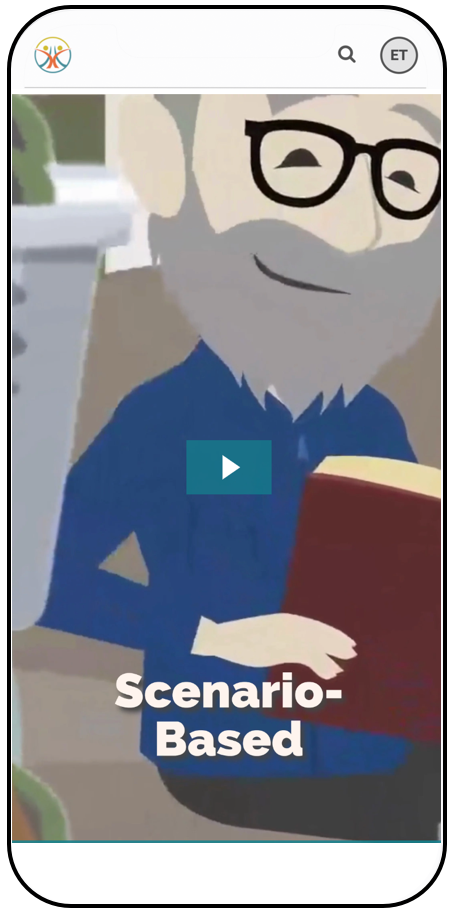Overseeing and maintaining compliance is a complex and time-consuming responsibility for home health agency administrators. A home […]
What is the Ohio Passport Program?
The Ohio Department of Aging offers a program called PASSPORT that provides home and community-based services to eligible seniors and adults with disabilities. The program is designed to help seniors and disabled individuals maintain their independence and improve their quality of life.
How Does the Ohio Passport Program Work?
Agencies that provide home and community-based services to seniors and disabled individuals in Ohio can participate in the Ohio Passport Program as providers. This means that they can offer their services to individuals who are enrolled in the program and receive payment for those services through the program.
To participate as a provider in the Ohio Passport Program, agencies must meet certain eligibility requirements. They must also comply with all program policies and procedures, including those related to billing and documentation.
To participate in this program and provide care to PASSPORT clients, individuals and organizations must first become certified by the Ohio Department of Aging. Here is a table with the steps for individuals and organizations to apply for the PASSPORT program in Ohio:
| Step | Individuals | Organizations |
| 1. | Contact local Area Agency on Aging to schedule an assessment. | Meet requirements: valid Ohio business license, liability insurance coverage, trained administrator, and policies and procedures. |
| 2. | Complete the PASSPORT application and submit it to the Ohio Department of Aging. | Complete the certification application and submit it to the Ohio Department of Aging. |
| 3. | If approved, choose a provider from the list of certified organizations or self-direct services. | If approved, begin providing PASSPORT services to eligible individuals. |
| 4. | Begin receiving PASSPORT services. | |
| 5. | If not approved or if funding is not available, individual may be placed on a waiting list. |
To get certified, individuals must meet the following requirements:
- Be at least 18 years old and have a valid Ohio driver's license or state identification card.
- Have a high school diploma or equivalent.
- Pass a background check, including checks for criminal records and abuse and neglect registry records.
- Complete a training program that includes at least 16 hours of classroom instruction and 16 hours of supervised field experience. The training must be provided by an approved provider and cover topics such as working with older adults, person-centered care, and understanding the PASSPORT program.
Organizations that want to provide PASSPORT services must also meet certain requirements, including:
- Have a valid Ohio business license.
- Have liability insurance coverage.
- Have an administrator who has completed the required training and passed the background check.
- Have policies and procedures in place to ensure the health, safety, and well-being of PASSPORT clients.
Once an individual or organization has met all of the requirements, they can apply for certification by completing the appropriate application and submitting it to the Ohio Department of Aging. The department will review the application, and if approved, the individual or organization will be granted certification to participate in the PASSPORT program.
Benefits of the Ohio Passport Program
Being certified by the Ohio Department of Aging to participate in the PASSPORT program is an important step for individuals and organizations who want to provide high-quality care and support to eligible seniors and adults with disabilities. By meeting the requirements and undergoing the necessary training, certified providers can help ensure that PASSPORT clients receive the services they need to live independently and comfortably in their own homes.
Once certified, the agency can begin providing PASSPORT services to eligible individuals who have chosen the agency as their provider. It's important to note that the PASSPORT program has limited funding, and not all individuals who apply may be able to receive services. In these cases, the individual may be placed on a waiting list until funding becomes available.






